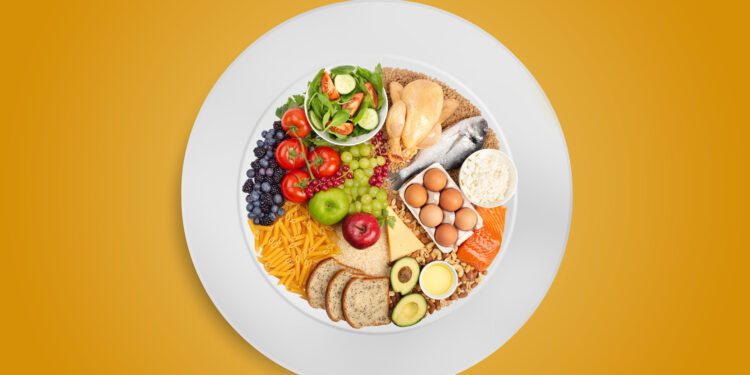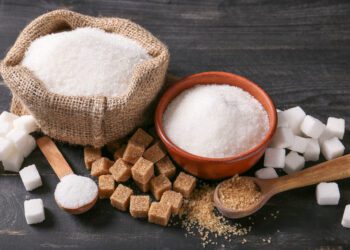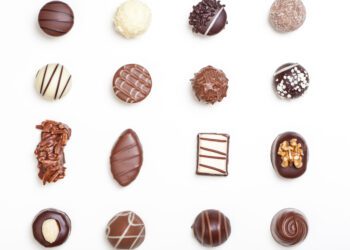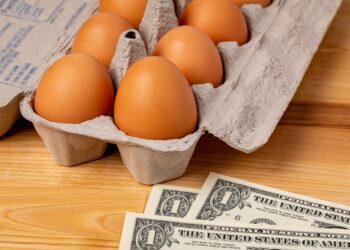Most of us know going to bed on a full stomach can affect our sleep. Changing what we eat and the time of day we eat certain foods can help us sleep better.
We’ve all woken up the morning after a large, late night meal feeling tired out. The extra energy required to digest big portions of rich food can eat into our kip, leading to a disturbed night’s sleep.
Thankfully, there are also ways we can try to improve our sleep through our diet by avoiding certain foods and drinks known to keep us awake, such as those containing caffeine. But can we also eat other foods – particularly before we go to bed – to boost the quality of our sleep further?
Food or diet?
Several studies have narrowed in on certain suppers that could improve our sleep. Some small trials have found that tart cherry juice, for example, can help people sleep better, and others find that eating kiwifruit before bed is beneficial. There’s also some research showing that warm milk can help us sleep. It is thought the high levels of tryptophan – from which the “sleep hormone” melatonin is synthesised by the body – in milk may help to induce sleep onset.
What type of diet best promotes sleep?
Research shows that the most beneficial diet for sleep seems to be a plant-based diet that includes lots of wholegrains, dairy and lean proteins including fish, says Erica Jansen, assistant professor of nutritional sciences at the University of Michigan in the US.
More than 1,000 participants were tasked with increasing their daily intake of fruit and vegetables. This increase was to tease apart the two-way relationship between sleep and diet that besets research in this area – population studies could show people with healthier diets have better sleep, but there’s always the chance they make better choices with food because they’re better rested.
Jansen found that women were more than twice as likely to experience an improvement in insomnia symptoms after eating an extra three or more servings of fruit and vegetables a day.
One reason for this is that fruit and vegetables (along with meat, dairy, nuts, seeds, wholegrains and legumes) are generally high in the essential amino acid tryptophan.
In a 2024 study in Spain, more than 11,000 students were asked about their sleep habits and diet. It found that the quartile that consumed the least tryptophan on a daily basis had significantly worse sleep outcomes. The researcher conclude that low tryptophan intake was linked to a higher risk of short sleep duration and greater risk of insomnia. Eating foods containing more tryptophan may improve sleep quality, they suggest.
The reason tryptophan is important, Jansen says, is because it’s a precursor of serotonin, which then gets converted into melatonin.
There are many other ways that a plant-rich diet may improve sleep, too. Diets high in plant foods are known to reduce inflammation in the body,for example, and some research suggests that lower levels of inflammation are associated with better sleep quality.
In her research, St-Onge has found that improved sleep is associated with diets high in fibre, which plays a crucial role in bacterial fermentation in out guts. Studies shows that there are numerous possible beneficial mechanisms that can explain why a healthy gut can improve sleep, via the gut-brain axis.












